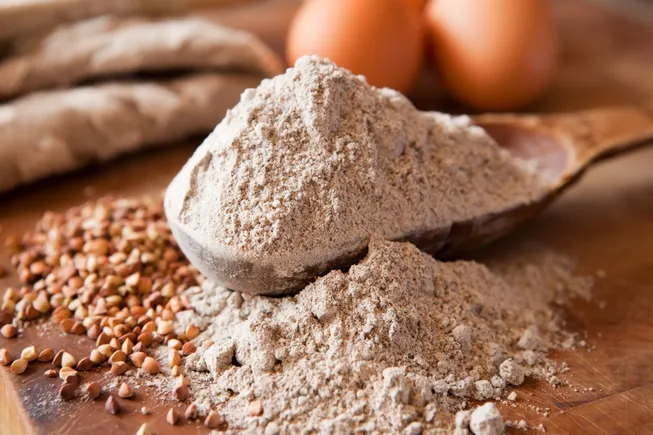Grains like quinoa, farro, and buckwheat have long been praised by nutrition experts for their high fiber, protein content, and abundance of omega-3 fatty acids. They are also favored in the regenerative agriculture sector for their ability to thrive in challenging conditions with minimal water and fertilizer usage.
Today, these grains are making their way into indulgent products such as ice cream to enhance the nutritional value of the final product.
According to a recent webinar by Spins, these grains are becoming increasingly important as they transition from standalone ingredients to being incorporated into products by consumer packaged goods (CPG) companies.
Sustainable grains represent a $41 million market, as per SPINS data. The sector is poised for further growth due to consumer interest in healthier food options and environmental sustainability.
Concerns about climate change and environmental conservation have propelled sustainable grains to the forefront of product development. This shift has led to the inclusion of grains like quinoa in various food products such as nut butters, rice cakes, and wellness bars.
Companies like Nuike Foods have introduced innovative products like non-dairy milk made from quinoa to appeal to health-conscious consumers.
Farro, originally from the Middle East, is now being used in baking mixes, crackers, and pasta, driven in part by the popularity of the Mediterranean Diet.
Buckwheat is finding its way into breakfast and snacking products more frequently, with potential growth in the beverage market, particularly in kombucha.
Roberts also noted that social media influencers are playing a role in popularizing sustainable grains by incorporating them into their content and showcasing how to prepare them.
Ice cream brand Van Leeuwen has embraced sustainable grains in their products, such as using buckwheat flour in their Cookie Crumble Strawberry Jam ice cream to add a nutritious and sustainable element.

